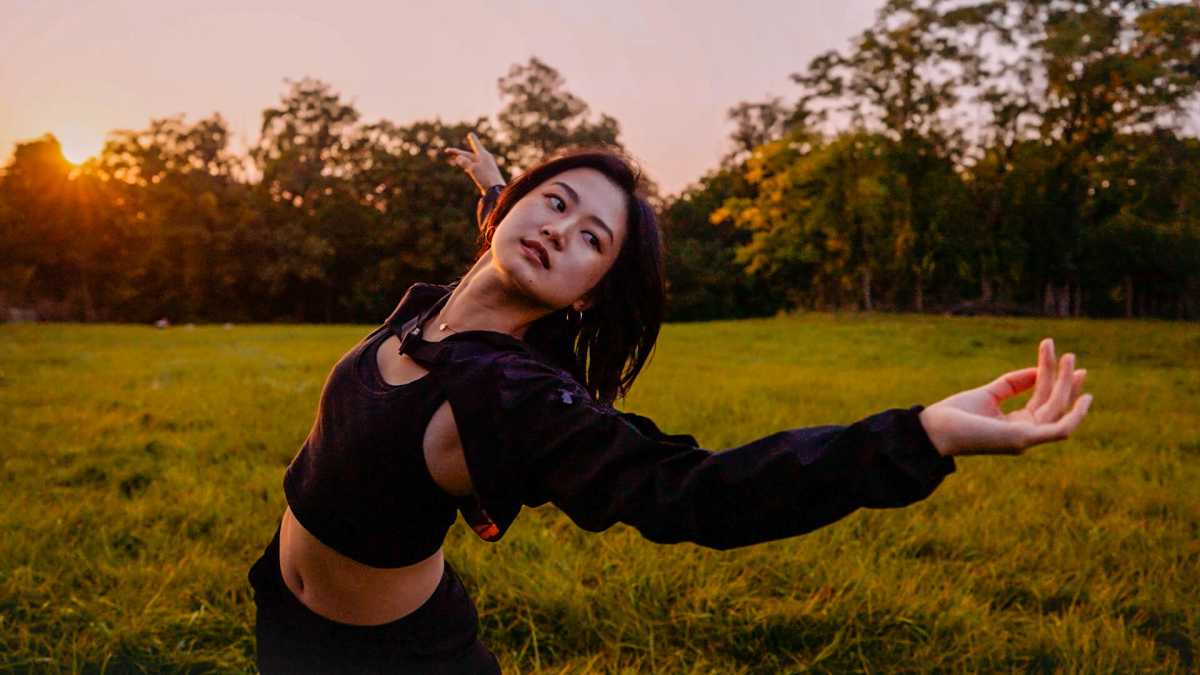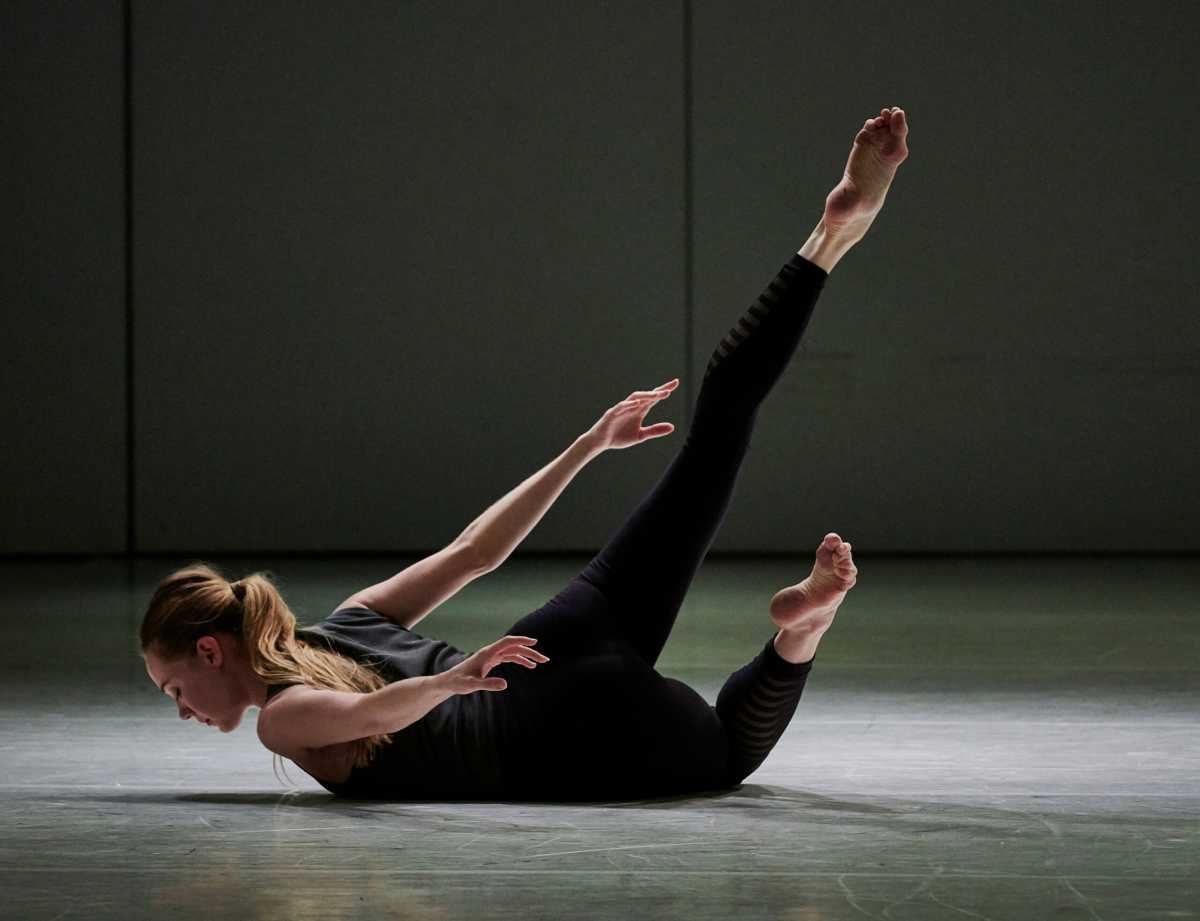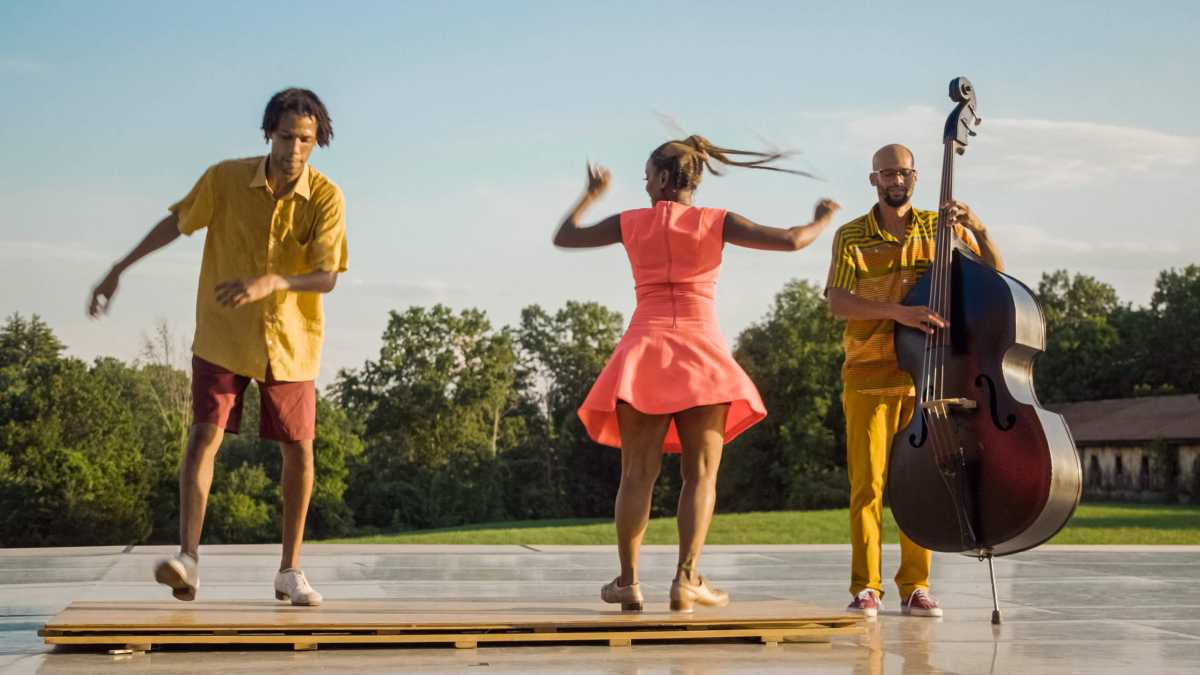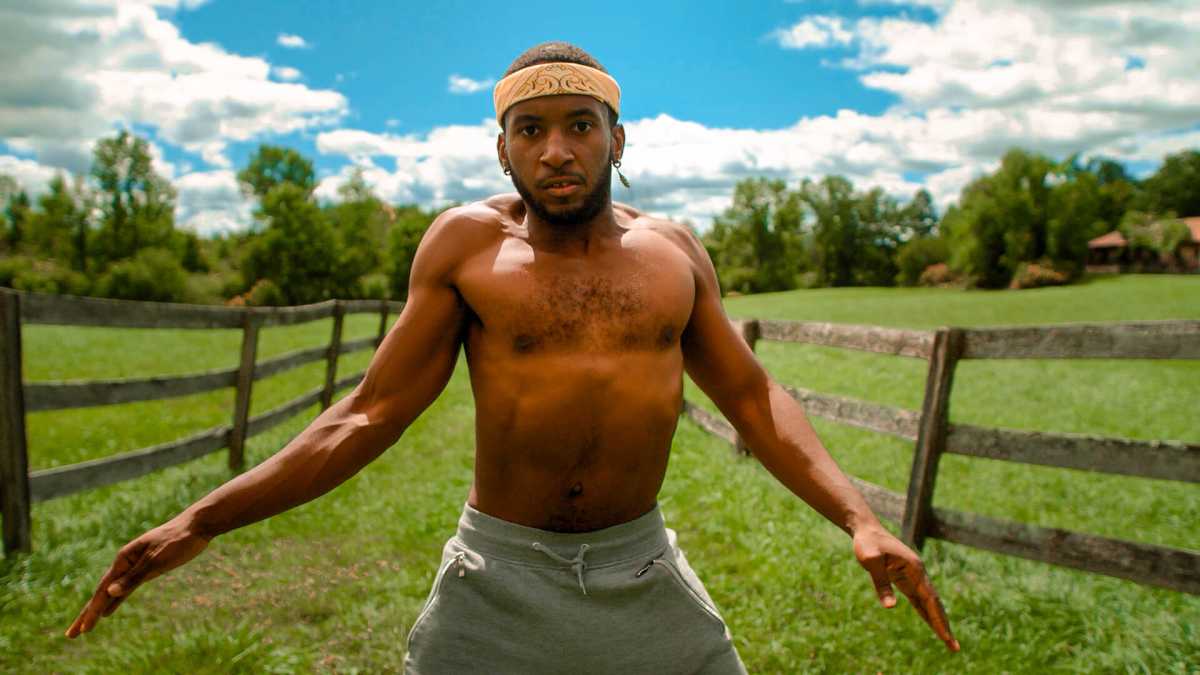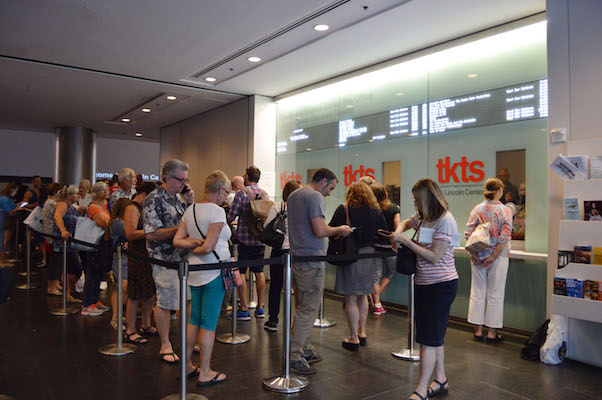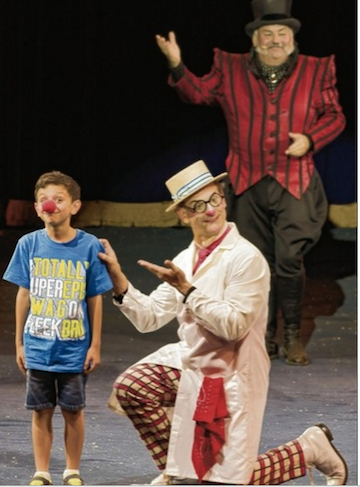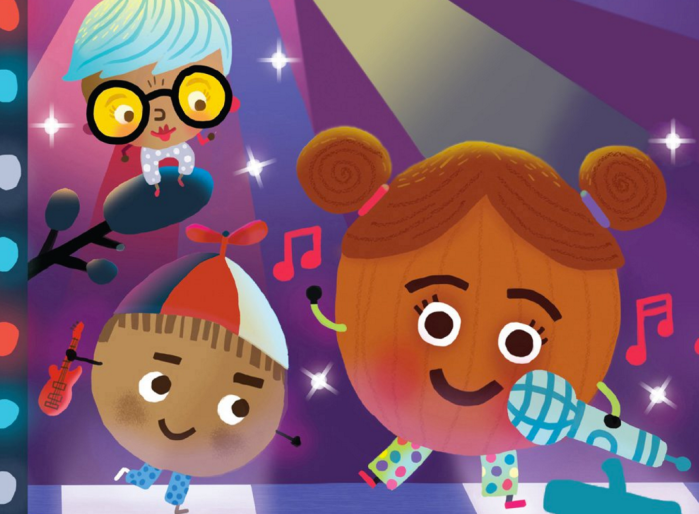Although the Guggenheim Museum reopened its doors to the public in Oct. 2020, their innovative “From Isolation to Creation” series, led by Duke Dang, General Manager of “Works & Progress,” kept the Guggenheim’s artistic community alive, in a serious metaphoric and existential sense—one Guggenheim dancer asks in Part 1, “Who am I if I can’t do what I love to do?” Dang did this through the development of “performance bubbles,” that allowed artists to continue to work together as collectives.
In the first part of the documentary series, “A Way Forward,” we get a glimpse of dancers trying their best to maintain their craft through Zoom sessions in their notoriously cramped NYC apartments. One dancer makes an extremely salient point: Dance, just like music or anything that involves athleticism, musicianship or muscle memory in general must be actively practiced in a use-it-or-lose-it sense.
And this realization does not only apply to individual artists. As Dang presciently states, “The project could be the Guggenheim’s contribution to rebuilding NYC after COVID. I mean, it’s the arts that make NYC so exciting to live in and visit. And if we don’t support these artists now, it’s going to be even more difficult to revive NYC.”
In an epiphany moment, Dang, conceptualized the idea of “performance bubbles,” that would see the performers decamp to lush spaces of 100 to 150 acres of land in the non-densely populated Hudson Valley for two weeks at a time, where they could collaborate and create together.
And rather than being boxed into a theater or studio spaces, the series shows some stunning images of performers interacting with these beautiful surrounds with explosive energy and an overwhelming sense of jubilance and freedom.
The protocols used were similar to the ones now being picked up in film and TV, while Dang also used a Tyler Perry playbook that had been released. Additionally, he turned to Dr. Wendy S. Ziecheck—a former Rockette—to see if the project was feasible and how to make it safe for all involved.
Once dancers and performers had been selected, diverse projects were primed. As Dang states, “when you specialize in anything you kind of become siloed,” so the intelligent curating of hitherto largely unconnected artists invited to each bubble resulted in the collision of artistic worlds and mind-blowing outcomes. As Dang puts its, “It’s not often that you see a Martha Graham dancer dancing with a Cunningham dancer dancing with a Limone dancer.”
Furthermore, over the four-part series we are able to indulge in: Beatbox, Modern, Street and Tap Dance, Afro-Brazilian Rhythm, Afrik, Ballet, Ballroom, Broadway, Club, House, and Vogue, a gamut that likes of which the world has never seen before. The threads are drawn together at an outside space at the Lincoln Center, but the long-term goal is that it will eventually be brought to stage.
It is doubtless that “From Isolation to Creation” has changed the way we look at representation and collaboration; and the level of innovation shown during these spring and summer months to let performance art continue to thrive under the most restrictive conditions imaginable is almost unbelievable and summed up by Les Ballet Afrik choreographer Omari Wiles: “I can’t even imagine what the work will look like 10 years from now, I hope the dance world will be able to take it!” Indeed, these works are actually being catalogued by the New York Public Library. The pandemic is and continues to be a historical period of epic global tragedy. A small solace can be found in projects like “From Isolation to Creation,”as a footnote for human creative adaptivity and resilience,
“From Isolation to Creation” is available on the WNET’s ALL ARTS app , allarts.org, for free, with the final episode airing, Feb, 17, at 8pm. Find more information at www.worksandprocess.org



